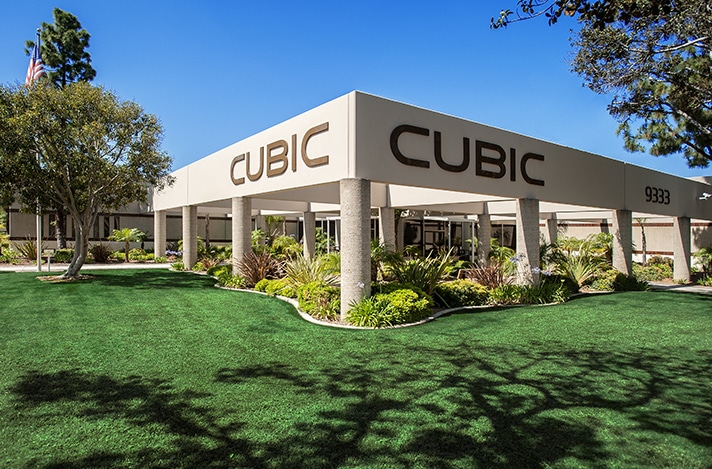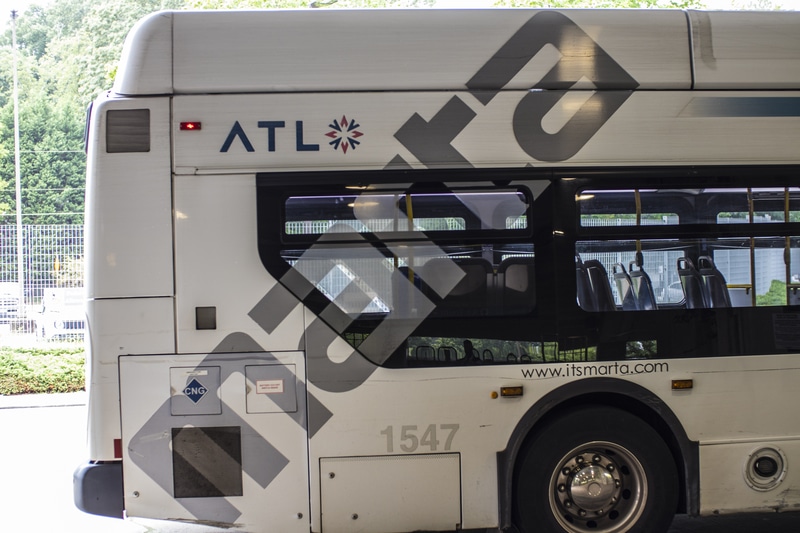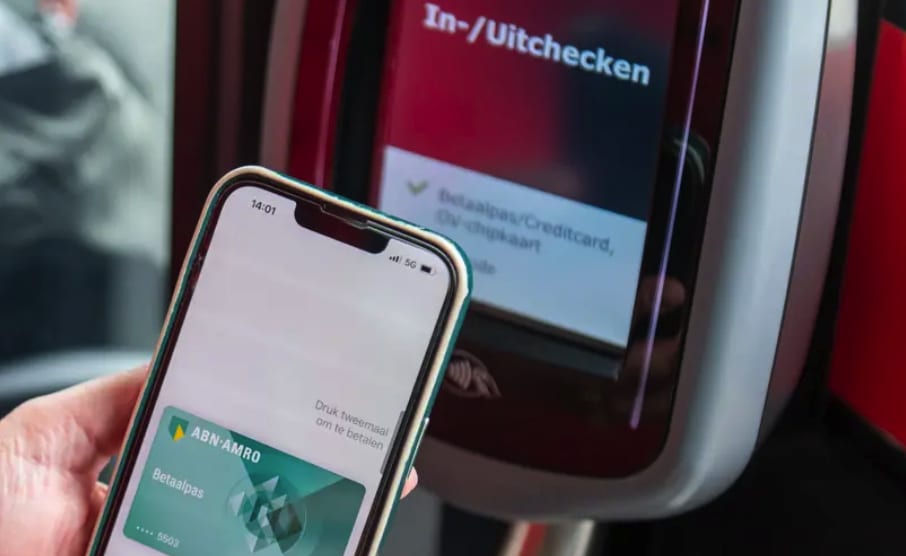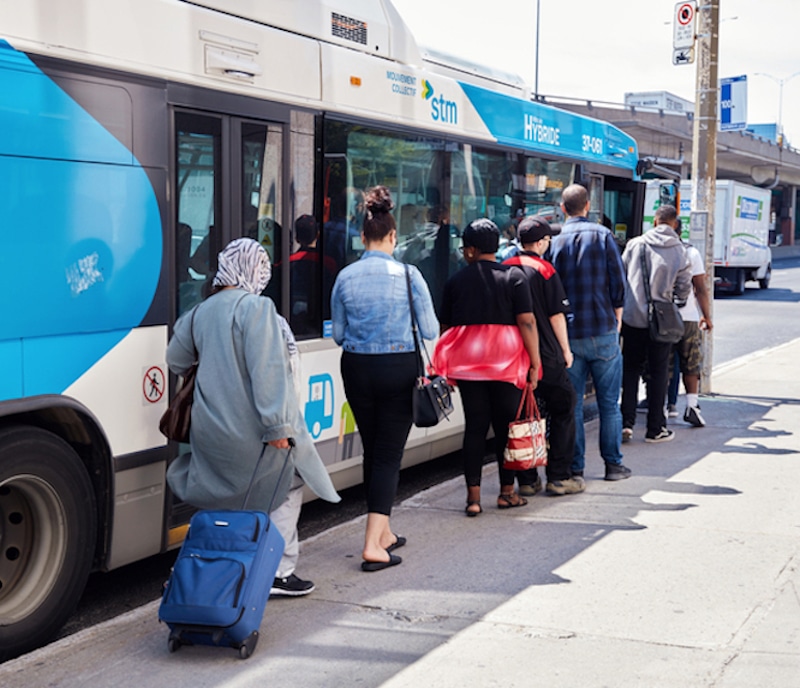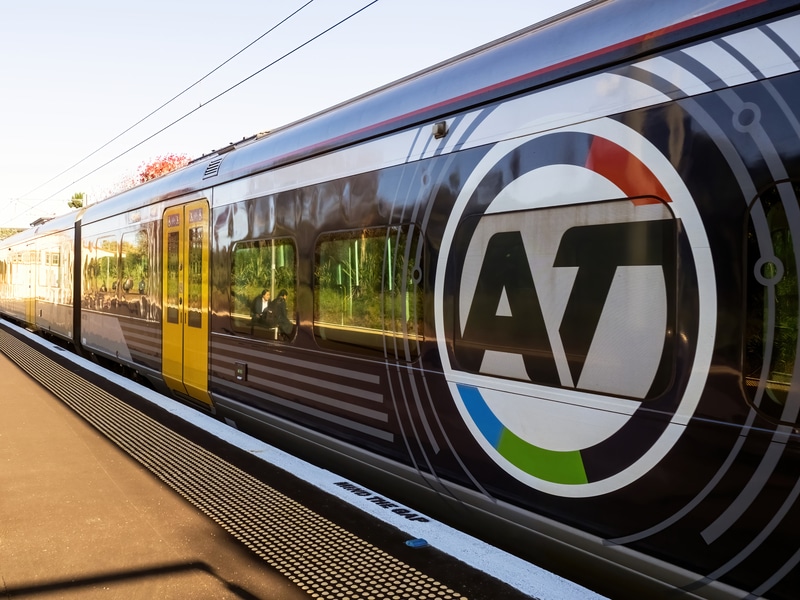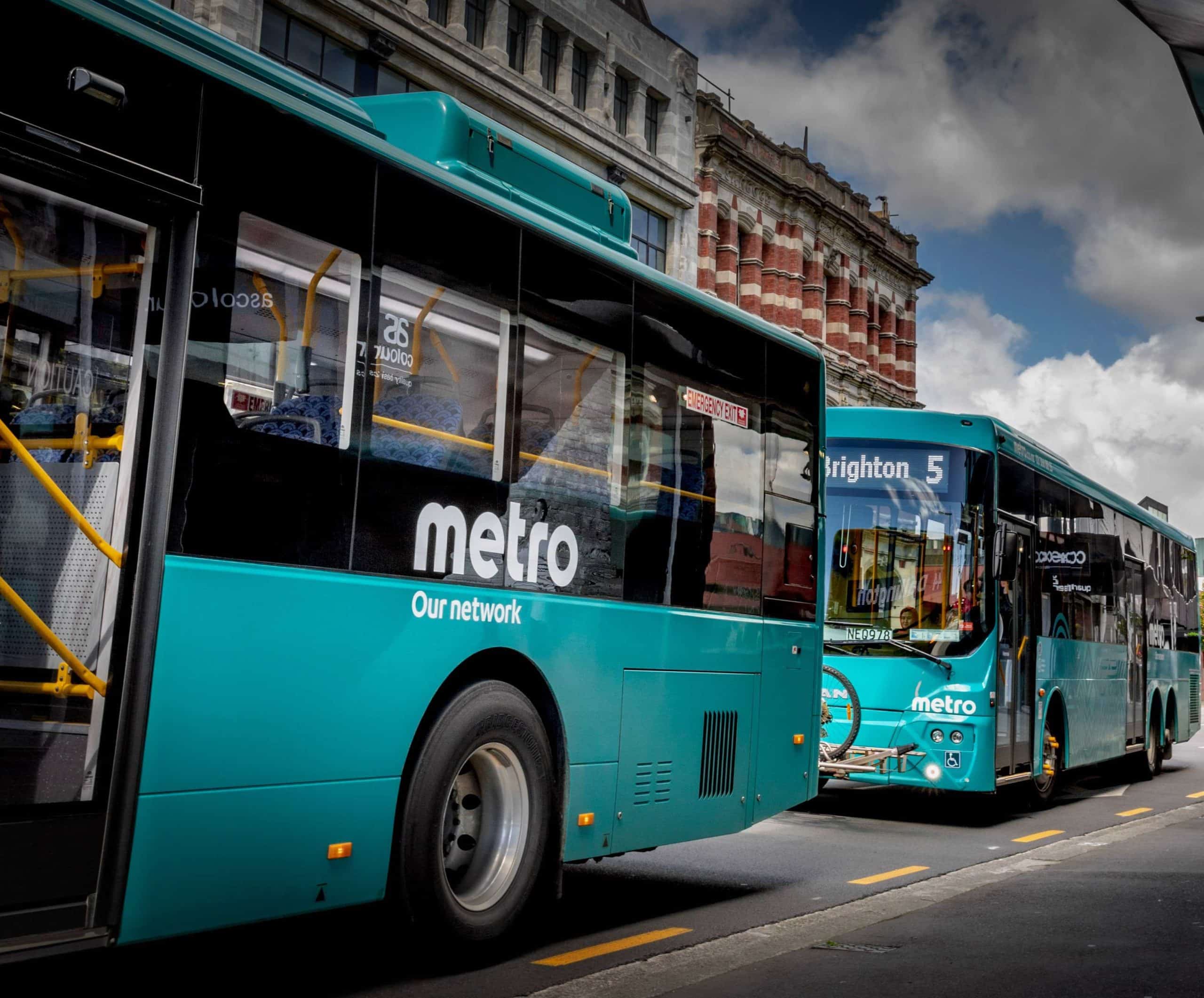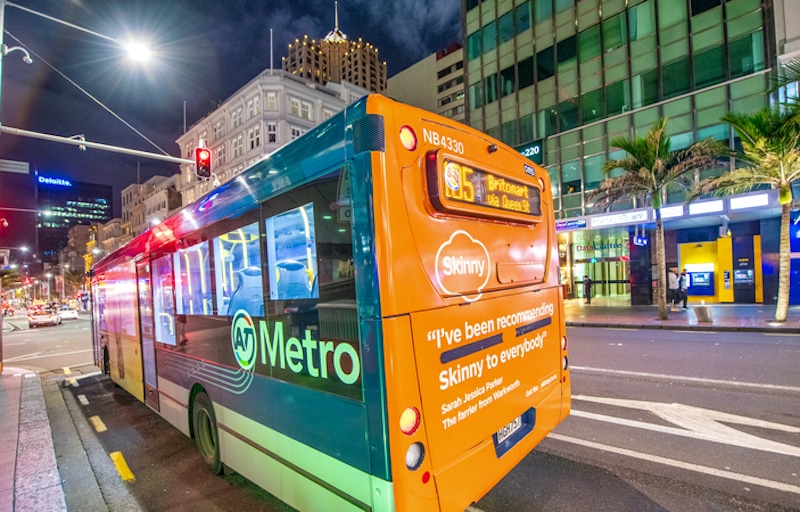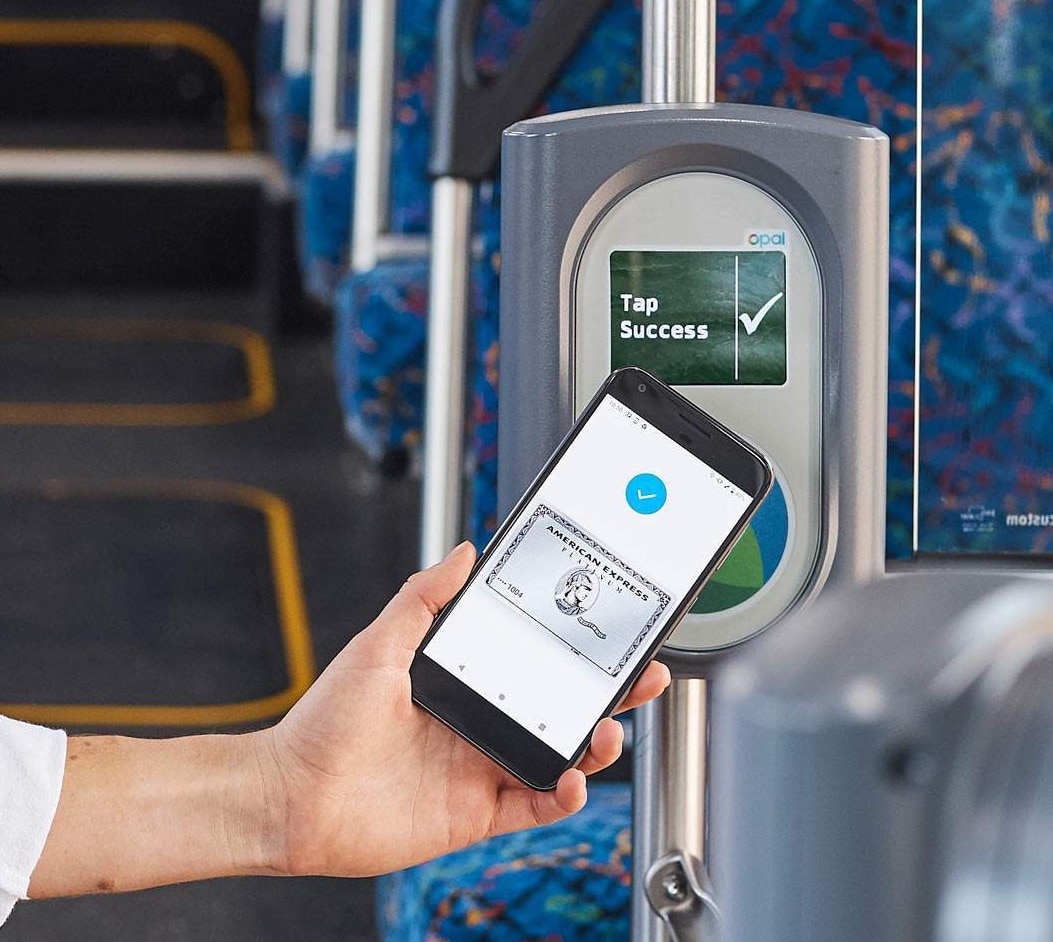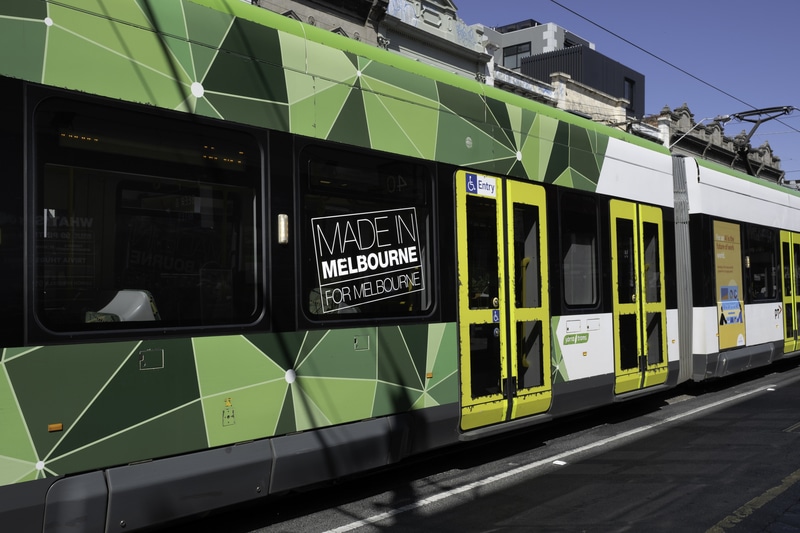
Article Highlights
Cubic Corp., the largest supplier of fare-collection systems globally, has hired a new top executive for its Transportation Systems division, appointing an executive from U.S.-based defense and infrastructure technology company Parsons Corp. The new division chief will replace Jeffrey Lowinger, whose more than three-year tenure was marked by morale problems and some missed opportunities.
Most observers considered the winning proposal by rival U.S.-based fare-system supplier Conduent to have been inferior to Cubic’s. But Conduent won the 15-year, AU$1.7 billion (US$1.1 billion) deal.
• Cubic
• Transport for London
• MTA (New York)
• Transport for NSW
• Conduent
Cubic Corp., the largest supplier of fare-collection systems globally, has hired a new top executive for its Transportation Systems division, appointing an executive from U.S.-based defense and infrastructure technology company Parsons Corp.
Cubic named Peter Torrellas, president of the connected communities business unit at Parsons, as Cubic’s private equity owners prepare








